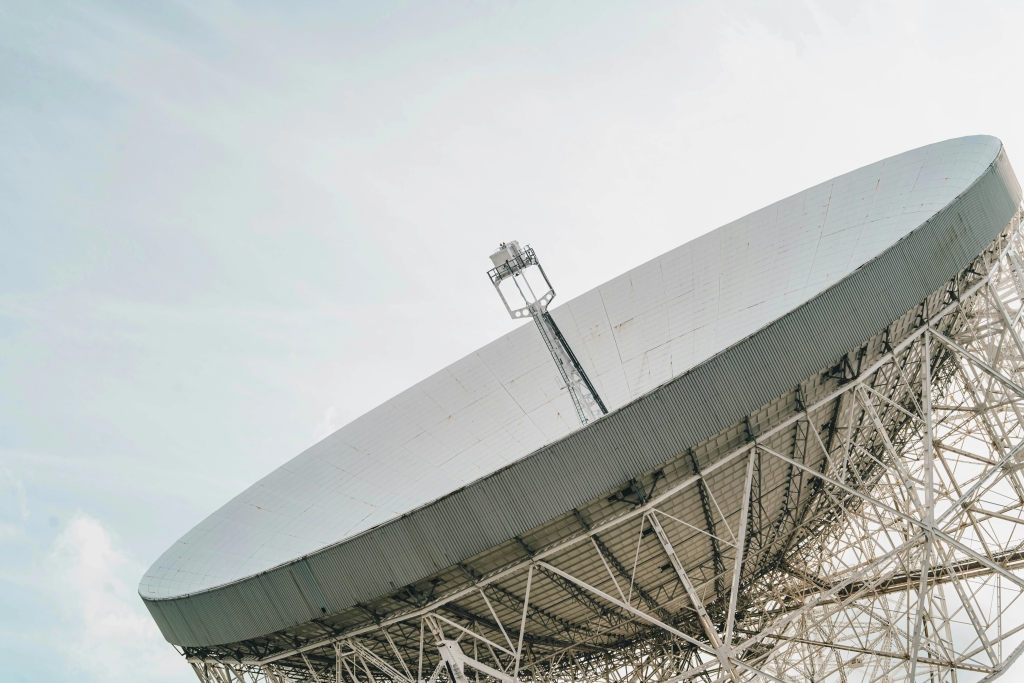Physics, often regarded as the cornerstone of natural sciences, not only unravels the mysteries of the universe but also serves as the bedrock for numerous practical applications that shape our everyday lives. In this blog post, we delve into the practical implications of a degree in physics, exploring how physics graduates contribute to innovations across various fields and highlighting the diverse career opportunities available to them.

Renewable Energy:
One of the most pressing challenges of our time is the transition to sustainable energy sources to combat climate change. Physics plays a pivotal role in the development of renewable energy technologies such as solar panels, wind turbines, and hydroelectric generators. Physics graduates contribute to the design, optimization, and implementation of these technologies, driving forward the global shift towards clean, renewable energy sources.
Telecommunications:
The modern world is interconnected through telecommunications networks that rely on principles of physics such as electromagnetism and optics. Physics graduates play a crucial role in the design and maintenance of telecommunications infrastructure, from fibre-optic cables and satellite communication systems to wireless networks and data transmission protocols. Their expertise ensures the seamless flow of information across the globe.
Space Exploration:
The exploration of space pushes the boundaries of human knowledge and technology, requiring innovative solutions rooted in physics. Physics graduates work in collaboration with space agencies and aerospace companies to design spacecraft, develop propulsion systems, and conduct scientific research in space. Their contributions drive advancements in space exploration, satellite technology, and our understanding of the cosmos.
Medical Imaging:
Physics intersects with medicine in the field of medical imaging, where principles of radiation, optics, and electromagnetism are applied to diagnose and treat diseases. Physics graduates contribute to the development of medical imaging technologies such as X-ray, MRI, CT scan, and ultrasound, enabling healthcare professionals to visualize internal structures, detect abnormalities, and guide surgical interventions with precision and accuracy.
Environmental Science:
Understanding and mitigating environmental challenges such as climate change, pollution, and resource depletion require insights from physics. Physics graduates contribute to environmental science by developing models to predict climate patterns, designing sustainable technologies for waste management and pollution control, and conducting research on renewable energy sources and alternative fuels. Their expertise drives innovations that promote environmental sustainability and protect the planet.
Diverse Career Opportunities:
The practical applications of physics extend beyond the fields mentioned above, offering a wide range of career opportunities for physics graduates. They may pursue careers in research and development, engineering, data analysis, consulting, education, and entrepreneurship, among others. With their analytical skills, problem-solving abilities, and interdisciplinary knowledge, physics professionals are well-equipped to thrive in diverse industries and make meaningful contributions to society.

In conclusion, a degree in physics opens doors to a world of practical applications and career opportunities that span various fields, from technology and engineering to medicine and environmental science. Physics graduates play a crucial role in driving innovation, solving complex problems, and shaping the future of our world. By applying their knowledge and skills to real-world challenges, they make a tangible impact on society and contribute to the advancement of human knowledge and well-being.
Learn more: Department of Physics-St. Teresa’s College (Autonomous)

